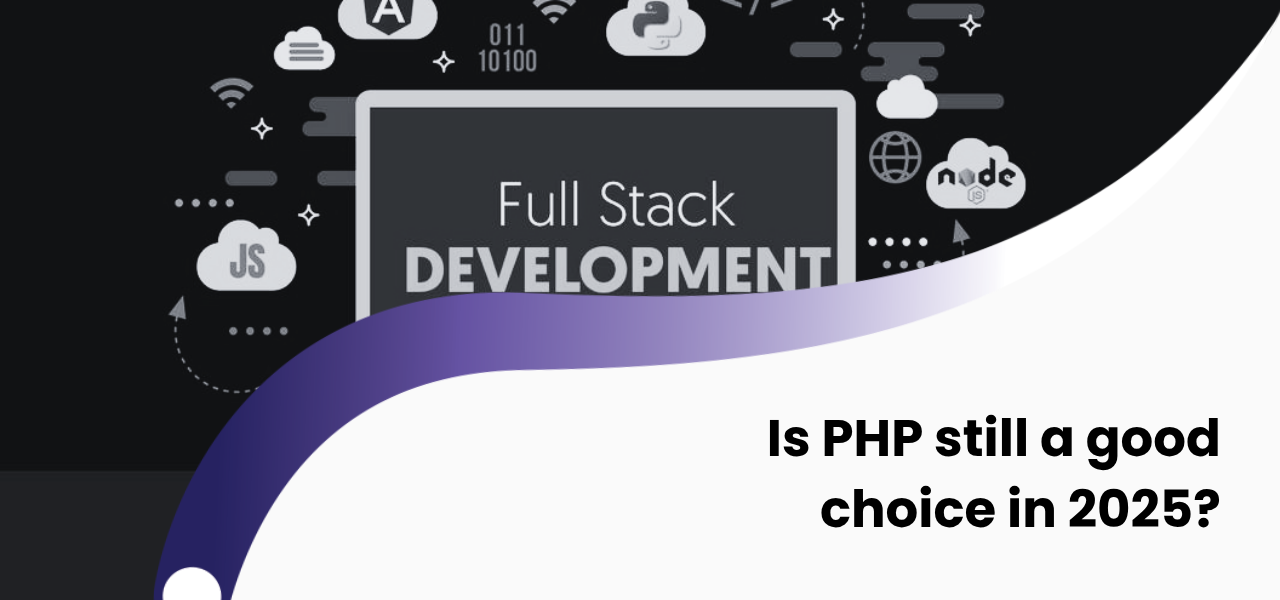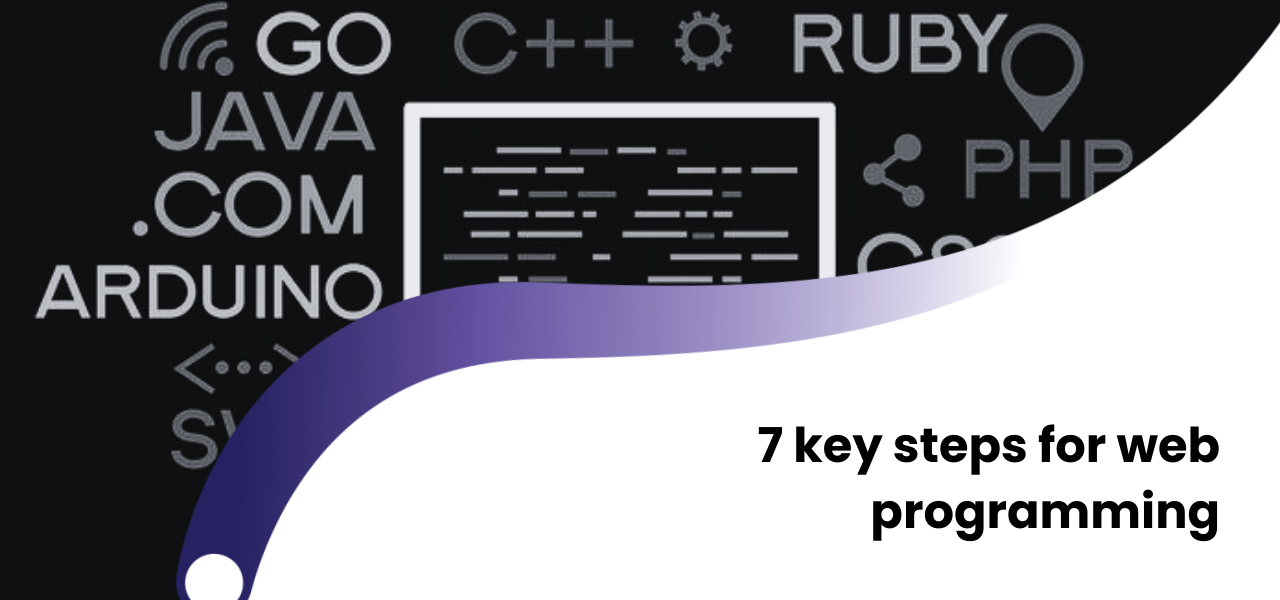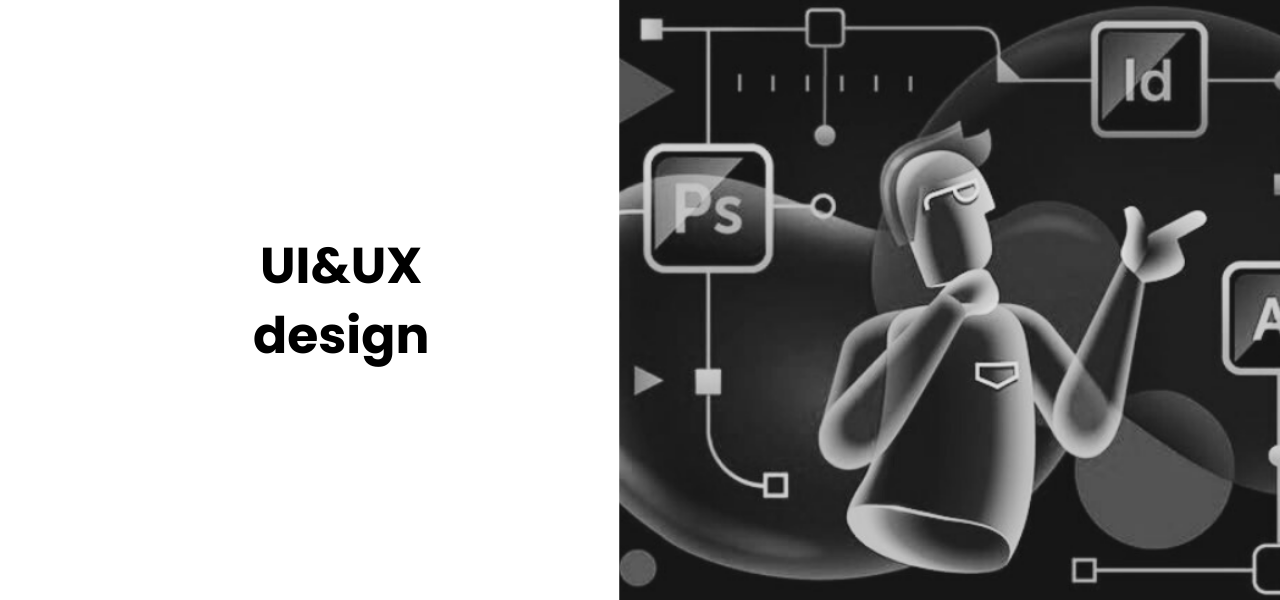What is PHP?
PHP is an open-source programming language created by Rasmus Lerdorf in 1994. PHP stands for "PHP: Hypertext Preprocessor." Originally, it stood for “Personal Home Page,” but as the language evolved, the acronym was redefined to better reflect its functionality.What Is PHP Used For?
PHP can fulfill most developers' needs, but it is especially effective in the following areas:Building e-commerce websites:
For product catalogs, shopping carts, payment systems, etc.Writing APIs and server-side operations:
PHP can be used to create REST APIs and handle backend functionalities.Content-based websites:
It remains relevant for blogs and content-heavy informational websites.
Advantages of PHP
Since its inception, PHP has gone through 8 major versions. Key benefits of the latest version include:Cross-platform compatibility
Open-source and free to use
Excellent integration with HTML
Rich ecosystem of tools and libraries
High performance and speed
Well-known companies using PHP
Despite being introduced decades ago, PHP still serves as a core language for several major companies:Facebook has invested heavily in PHP’s performance using its own HHVM (HipHop Virtual Machine) technology, allowing PHP to power a massive social ecosystem.
Zoom and Slack use PHP in parts of their infrastructure — especially for internal tools and service orchestration where rapid backend development and seamless integration are crucial.
Wikipedia, one of the most visited websites globally, is powered by MediaWiki — a system built entirely with PHP, handling millions of users daily.
Why Is PHP no longer popular in Fintech?
Shift to full-stack JavaScript ecosystems
Developers now adopt fully integrated JavaScript stacks that eliminate the divide between frontend and backend. These stacks offer scalability and real-time features critical to fintech applications.Demand for Cloud-Native and containerized architectures
Modern fintech infrastructure is cloud-first and built on Docker and Kubernetes. While PHP can run in containers, it's not the ideal choice for building microservices or cloud-native systems.Limited use in AI, ML, and Blockchain
Fintech increasingly demands AI-powered chatbots, predictive analytics, and blockchain transaction layers. PHP lacks strong tooling and a vibrant community in these fast-growing fields.
Conclusion
PHP continues to thrive in areas such as content-focused websites and CMS-driven systems and will likely see further enhancements in these domains with future versions. However, in fintech — where performance, real-time data handling, and modern architecture are essential — more advanced and scalable technologies are preferred.So, while PHP may no longer be the go-to for cutting-edge fintech solutions, it remains a solid and evolving language in its core strengths.
 +994512060920
+994512060920





